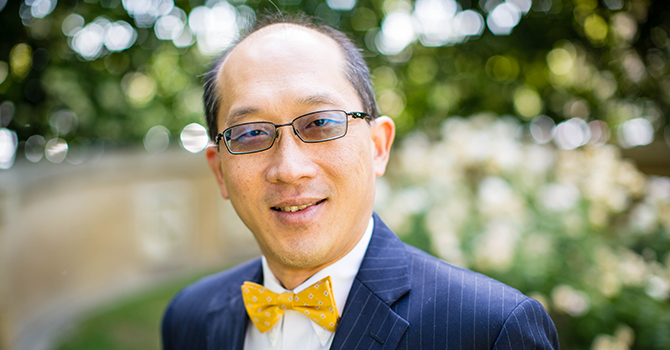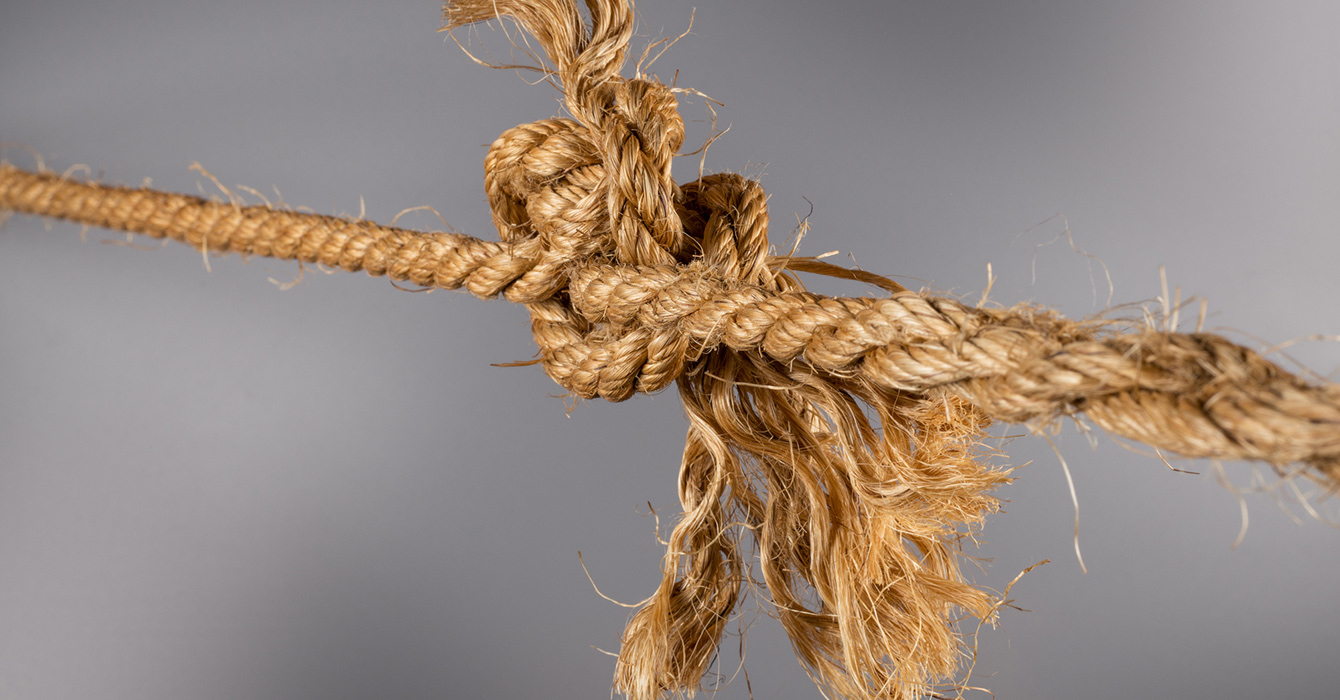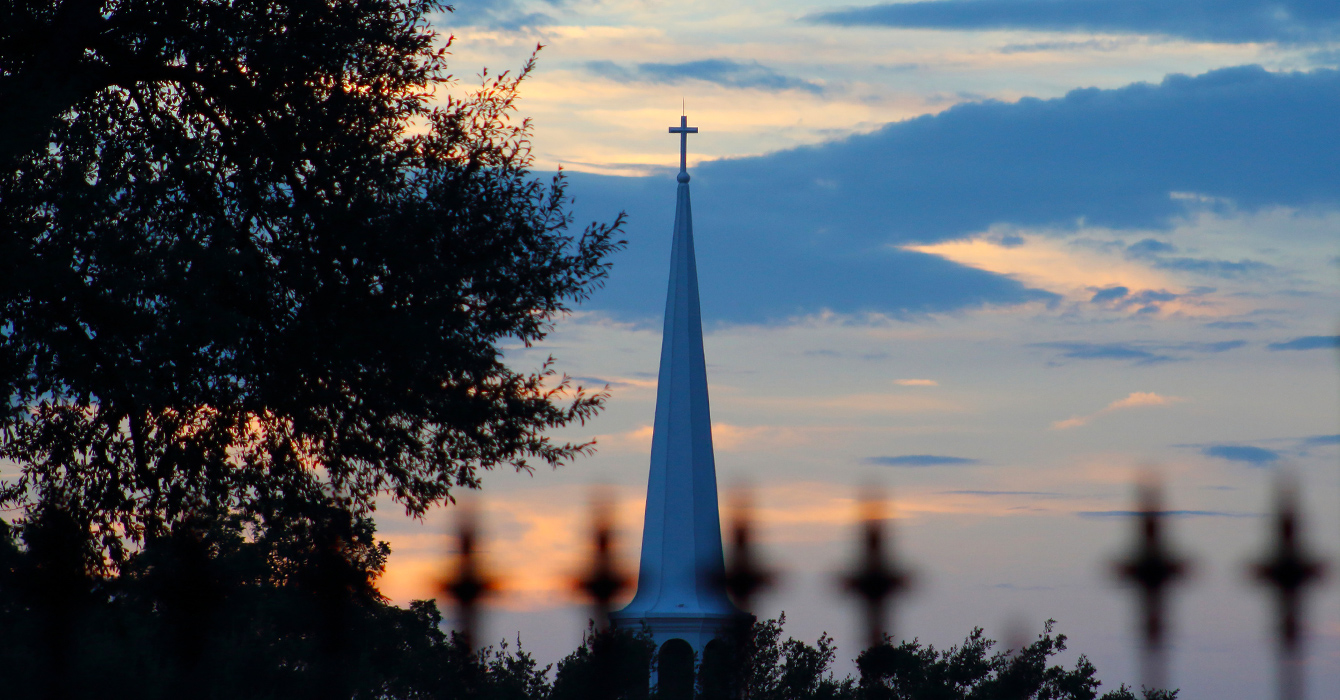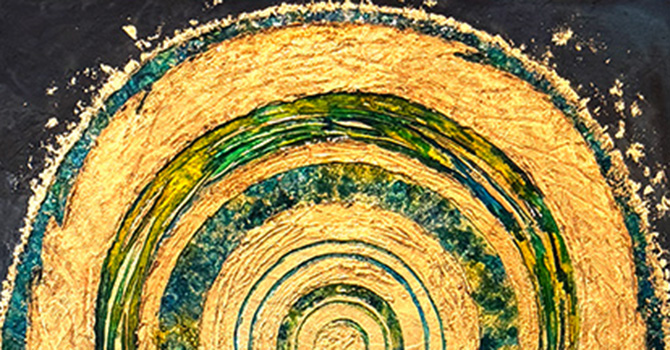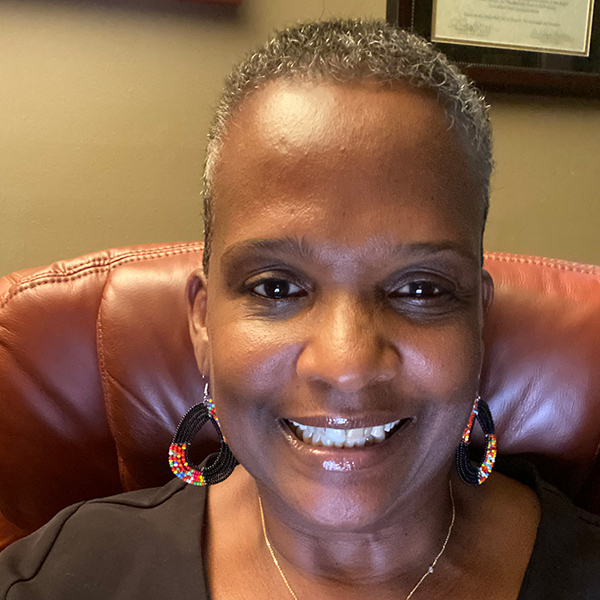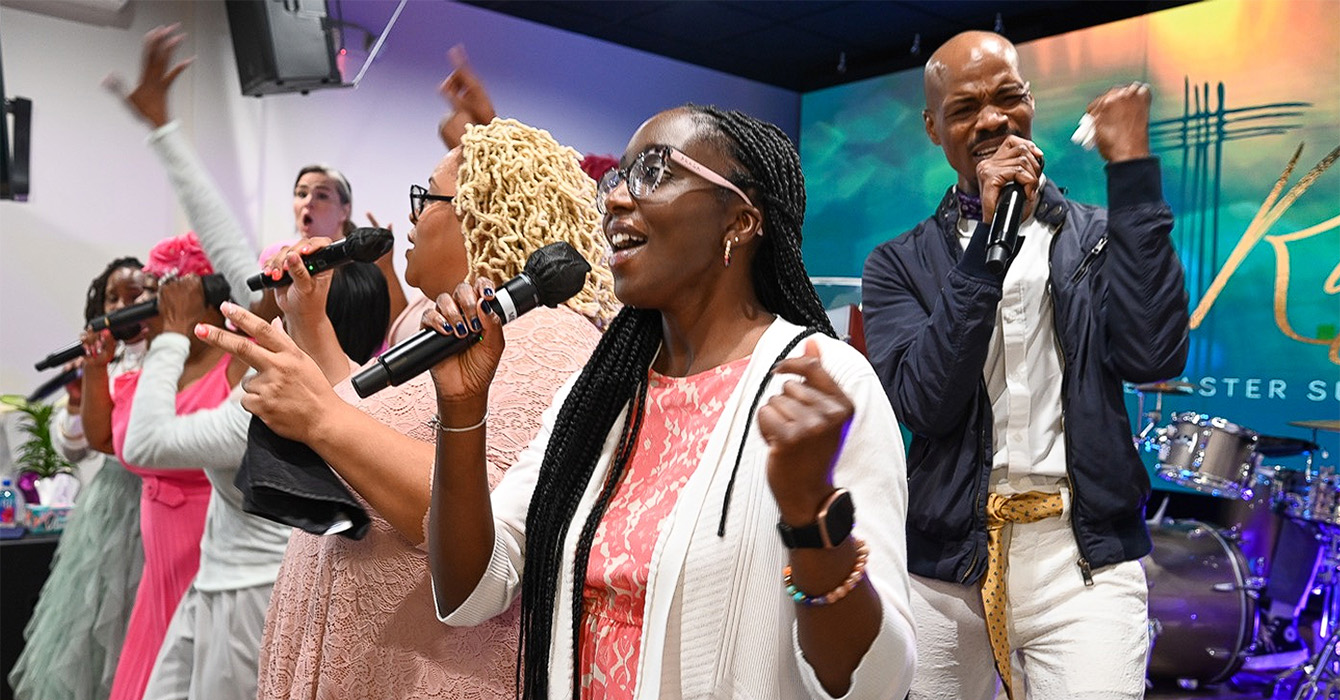Keri L. Day sees a unique space in theological education for Black students and professors, and it contributed to the title of her new book.
The associate professor at Princeton Theological Seminary wrote "Notes of a Native Daughter: Testifying in Theological Education" as part of the Theological Education Between the Times series. One of the things she explores is the presence of both harm and hope in the academy.
"[There are] both the deep experiences of structural racism and a number of Black students as well as faculty members knowing that they have contributed and they have shaped theological education in profoundly important ways," Day said.
"It seemed to me that either privileging one or the other side is sort of helpless and hopeless, because structural racism does not allow, or will not allow, African Americans to lean into their call and into their own talents and gifts."
Day offers a third perspective -- which she believes most Black faculty and students feel -- that they are both insiders and outsiders, "kin and yet strangers," in the theological academy.
She compares it to the experiences James Baldwin wrote about in "Notes of a Native Son."
"He knew, as an African American, we've contributed in making America what it is. But at the same time, we still felt excluded. We still felt outside of what America offered," she said. "I felt like this 'Notes of a Native Daughter,' particularly focusing on Black women's experiences and Black queer people, that it captured this contradictory, liminal space that African Americans find themselves in."
She spoke with Faith & Leadership's Aleta Payne about her book. The following is an edited transcript.
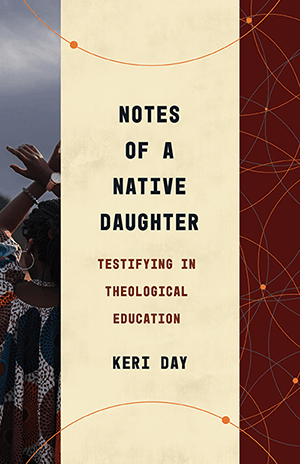
Faith & Leadership: You write about how the theological academy is "a site of both harm and hope," a site of both repression and affirmation, for racially marginalized groups. That is such a powerful image. Can you talk about it a bit more?
Keri Day: I'm thinking, for example, of how African American students come to the theological academy, say to Princeton Theological Seminary. On the one hand, they feel at times not heard, not seen, because the theologians that they're studying are white, with particular kinds of experiences that are not their own cultural experiences. Or particular points that they make on a theological level do not resonate with those in the primarily dominant white class.
They feel themselves as needing to not just be understood but to prove themselves, that they too can participate in the intellectual "world building," as we would call it in the context of theological education. That's harm, a site of harm. It's a site or a context where African American students and faculty begin to question themselves, their abilities to move through the context -- what can they actually contribute to the context -- because they feel so inadequate.
On the other hand, it's also been a site of hope. The same students that come from the Princeton Theological Seminary will find themselves deeply tooled by classes that they've taken. Maybe they've come out of a church that is deeply conservative and doesn't support Black women in ministry, does not support Black queer people. When they come to the seminary, they're able to find and discover intellectual and theological tools that will allow them to make a case, to speak and affirm their own perspectives, and maybe those perspectives are not embraced within the context of the Black church or within the context of Black community.
In that way, it's a site of hope, because here they do feel confirmed in their perspective. They do feel affirmed that they're wanting to think more progressively about the world around them and about different experiences along lines of gender and sexuality. Here you have, again, this double consciousness that W.E.B. Du Bois speaks about -- that they experience theological education on the one hand as still repressive in these kinds of ways that I mentioned but on the other hand as a site of profound possibility.
F&L: You have described parts of your book as a testimony. For those who do not know what it is to testify or understand what a rich and powerful part that is of some people's theological experience, can you explain it?
KD: In this tradition that I grew up in, what made testifying so powerful was that it certainly is an individual act, in the sense that the individual is standing and declaring one's own truth. In the moment of testifying, you are speaking your truth, your experience of God and the divine, your experience of the world, who you are.
There might be some people in the room who may not like what you're declaring about what God has done for you or what you've experienced by way of struggles and victories through the week as you stand up in church and you basically speak what your experience has been with God and with the world and with yourself. But here you are. It's a profoundly individual act.
But here is the key to the power of testifying and testimony: it is not only an individual speaking one's truth; testifying is also a collective act. Part of what grants testifying or testimony its power is that presumably there is an audience or community on the other end that is waiting to hear and move into the experience with you.
When one got up in my tradition and testified to what God had done, one also knew that what made it a powerful moment is the community affirming by way of oohs and aahs, by way of saying "Amen," by way of saying, "You better tell it!"
This call-and-response format is a way of the community affirming for individuals that they are heard, that their experience is valid, that basically the individual is right in speaking the truth that he or she knows to be true.
For me, the power at a metaphorical level, in my book of testimony and talking about theological education, is that part of what the theological academy has to do is be that community who is willing to participate in this powerful ethical moment. Not just a theological moment. It's an ethical moment of affirming that what the individual -- in this case, the native daughter, the native son, the African American student or faculty -- that what they speak is important, that it needs to be heard, that it needs to be affirmed.
When it is heard, when it is affirmed in a collective manner, then that testimony becomes a form of knowledge about who we are as a community literally -- not just about who I am as an individual speaker but about who we are. It becomes the truth of the collective, something that needs to be lived into by the community.
F&L: You end this book where you could not possibly have known you would when you began -- in the pandemic. How do you think that made it different?
KD: I started this book a year and something before the pandemic hit, and in some ways I did have to go back and I had to reframe the book based on the pandemic. Because to me, it was in the pandemic that I was able to see in some ways the unrelenting nature of structural oppression. The pandemic more deeply exposed the unrelenting burden of structural racism on Black community, on Black students within theological education, on Black faculty.
I want to be clear: it doesn't mean that other faculty who are not Black didn't have issues. But what I am saying, as an example, is that I had a number of my students that come from communities that were hard hit by the pandemic because their communities have few resources, so they were more vulnerable. They were more susceptible to COVID. Many of them, Black students, had family members who lived in more economically disadvantaged neighborhoods and had COVID and were in serious condition, and [I saw] the burden that placed on these students, in the middle of online education, to perform.
They would come to me about their white professors, some of the very problematic responses in pedagogies that were operating, and in some ways a lack of desire by some professors to really understand the community that these students come out of and how their academic performance is actually affected by being Black in America, basically. It actually did call upon me to go back and to reshape some of what I wrote.
The postscript that I wrote to the book, the last few pages, I went back around to put the question mark back in the air. You get the sense that in the fourth chapter it is a prayer that I have of community, of theological education listening to native daughters and sons, of a kind of great gathering, of a beloved community.
But as a postscript, when I started writing about the pandemic, the question mark reemerges. Is it possible? It's this sort of tension that I do want the reader to live inside of, where I talk about having students that felt like they were the problem. They were treated as if they were a problem because of all they were going through, given the community that they are a part of and how disproportionately these communities were affected, and them needing to balance what they do academically with this reality of their community and their family.
All of that brings back, Is it possible for theological education to truly listen? The question mark, again, reemerges. It's this tension of what I was hoping to accomplish in the text. This tension reemerging by the time the reader ends the book, the postscript, that the theological academy is a site of both harm and hope.
F&L: What else would you like people to know about this book, about the process, or about what you hope they will take away from it?
KD: To the president and the dean of a theological institution, you must no longer take on a managerial position when it comes to the institution, just managing the institution according to what has happened in the past, just trying to preserve what the institution has been. To the president and the dean, after reading this book, I hope you take away that you must have bold, risk-taking vision in helping to release theological education into a more liberative future as it relates to race and gender.
To the faculty, to the faculty of color, to the Black faculty, testify. That in and of itself is often very hard and can be a dangerous thing if you're on tenure track. But find ways to testify. Sometimes it's therapeutic to ourselves to be able to just testify in safe spaces.
To the white faculty member, truly become an ally, as I talk about in this book, by attending to the policies and the structures of the institutions. It's not enough to speak that I'm an ally or I have a good Black girlfriend or he is a good colleague of mine at my institution. Really stand up in the policy decision making of the institution and promote equity for Black students and Black faculty.
To the prospective student that wants to enroll in theological education, the groundwork has been laid down. We're standing on the shoulders of others who in some way -- and I don't know if you can see this in my text, but I really try to give honor to those who have come before. I'm not just talking about what it means to be Black in theological education or a Black woman, but I'm also telling a story about how Black women have actually shaped theological education. I want the prospective student -- white, Black, it doesn't matter what ethnicity or race -- I want them to be able to see that, to acknowledge that and to celebrate that.





